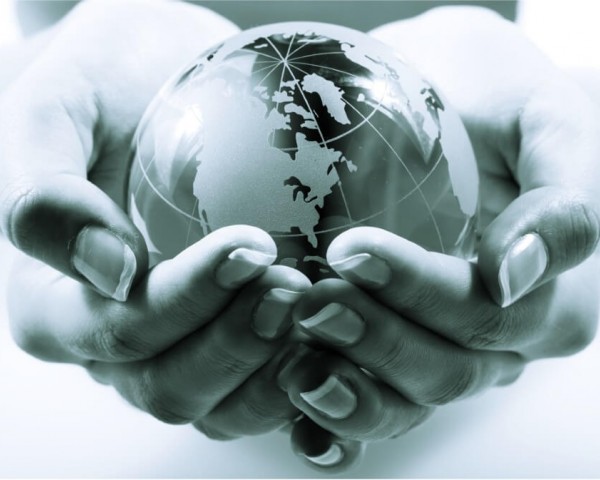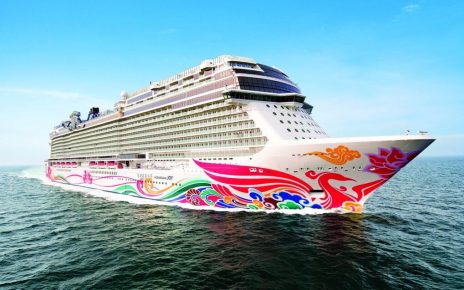In several countries, the forced halt of mass tourism caused by the Covid-19 pandemic is nourishing a reflection on the damage that the sector causes, but the extreme dependence on the income and jobs generated by foreign visitors makes any evolution of responsible tourism difficult.
On abandoned tourist sites, nature has regained its rights. In Machu Picchu (Peru), a bear was seen in places that it had deserted. In Thailand, where the number of foreign tourists fell by more than 83% last year, more and more marine animals such as dugongs, endangered turtles and whale sharks are observed.
To allow the fauna and flora to regenerate, the Thai government has decided to close more than 150 national parks for an average of three months a year and to limit the access.
“From now on, we want quality tourism, we do not want a massive influx of tourists in our national parks,” Environment Minister Varawut Silpa-archa said. To compensate for this loss of volume, rates could be increased, it is “the price to pay” to preserve nature, he believes.
Educating Travelers
In Peru also, the access to Machu Picchu is restricted, and the authorities are considering a less massive and more selective form of tourism.
According to Darwin Baca, mayor of Machu Picchu Pueblo, other offers were developed, for example, guided tours of natural sites or waterfalls, to incite the tourists to prolong their stay while waiting to be able to reach the Inca site, which brings to Peru annual income of 5.5 billion dollars, according to official estimates.
Dubrovnik (Croatia), a destination that has become emblematic of over-tourism, is hoping precisely to succeed in dispersing visitors to areas other than the overcrowded old city. And wants to reposition itself “as a destination of excellence and responsible tourism”, explains Ana Hrnic, director of the tourist office.
The pandemic could be “an opportunity to move towards more responsible tourism” in the long term, according to Damien Chaney, a marketing professor at EM Normandy. “For radical solutions to emerging, in general, it takes an external shock, such as Covid-19,” he explains.
The fact remains that the halt in tourism has also highlighted its vital function for certain economies.
In Tunisia, tourism weighs up to 14% of GDP. The island of Djerba, a flagship destination, has seen its visitors fall by 80%, a disaster for employment. “All the parameters are in red,” regrets Hichem Mehouachi, regional commissioner of tourism on the island.

Tourism, as a Drug?
In Barcelona (Spain), in places like the Gothic Quarter, next to the emblematic boulevard Las Ramblas, most stores remain closed or struggle to survive without tourists.
“Tourism has chased away the local residents and now that the tourists are gone, there’s nothing left,” laments Martí Cusó, a social worker who fights against over-tourism in the center of Barcelona.
Pablo Díaz, professor of economics specializing in tourism at the Open University of Catalonia, believes that “Covid-19 has proven that dependence on tourism turns some areas into desert”.
Guido Moltedo, the founder of the Ytali site, has launched a petition so that the museums of Venice (Italy) do not remain closed and that a debate be opened on the future of the city, its tourism and the vision of culture. It collected 6,000 signatures. “The city is on its knees and it shouldn’t be like this,” he says.
But in Venice as elsewhere, sacrificing tourism revenue seems difficult: “The smallest bar in this city earns 3,000 euros a day, the city is drugged,” says Moltedo. Tourism is the main source of income for about 65% of its inhabitants.
“It is true that mass tourism has sometimes been a problem in Venice, but no tourism at all, it’s worse,” says Claudio Scarpa, director of the city’s hotel association.
Pablo Díaz fears that over-tourism will start again as soon as the sanitary restrictions are lifted: “even in cities like Barcelona where there were too many tourists and a strong movement against them, now we miss them”.





